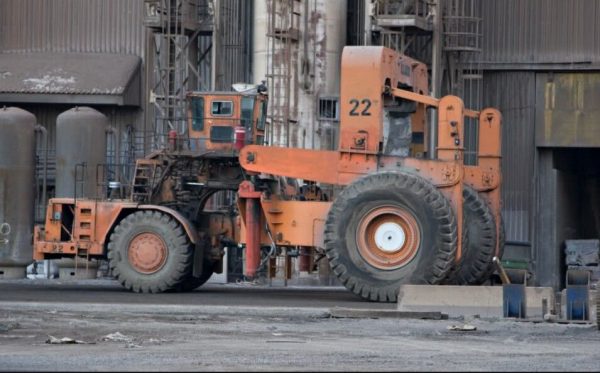PLAYERS in the metal foundries sector are keen to work closely with the mining industry to enhance production and help the economy to substitute imports through domestic supplies.
Given that the mining sector is among the top importers of finished industrial engineering products and metal components, the Zimbabwe Institute of Foundries (ZIF) says it is ready to work with local companies to scale up local supplies to meet the needs of the extractive sector.
ZIF president, Mr Itai Zaba, said mines were largely sourcing their metal casting materials from abroad and yet these could be made by local foundries.
“It’s important for the Chamber of Mines and the ZIF to have discourse on these and agree on a programme for import substitution,” he said.
Mr Zaba said the foundry industry has been experiencing shortage of raw material amid high production costs, which has tended to push the sector’s price competitiveness downwards.
With limited capacity, local foundry players end up failing to meet demand from the market resulting in some operators seeking imports from other countries.
ZIF has been lobbying the Government to ban the export of scrap metal saying this was a major source of their raw material since the demise of the giant metal producer, the Zimbabwe Iron and Steel Company (Zisco) in 2008.
Mr Zaba said the mining sector produces a lot of scrap metal during maintenance works hence the need to seal a working partnership to facilitate channelling of scrap metal from mines to local foundries.
He said this will assist in revitalising the local metal foundry value chain.
“This scrap, through the tender system at the mines, ends up with middlemen merchandisers who then either resell it to the foundry industry at extremely high prices or export it,” said Mr Zaba.
“A relationship between the Chamber of Mines and ZIF will enable access to reasonably priced scrap and this will reduce pressure on the foundries charging high prices.”
Mr Zaba said the metal foundry sector’s production could increase capacity utilisation faster if supplied with adequate stocks of scrap metal.
“Zimbabwe will also benefit because the enhanced capacity utilisation and competitive pricing will be exploited for increased exports, thus helping to generate increased forex inflows,” he said.
“The forex expenditure reduction effect of import substitution, will also add on to the effect of increased generation through more exports.”
In its resolutions for 2022, ZIF said it was targeting to increase capacity utilisation from 40 percent in 2021 to at least 80 percent.




